Unforgettable historical facts after 46 years since the Vietnamese People's Army and the Cambodian people and army defeated the Khmer Rouge genocidal regime.
On January 6th, the newspaper Khmer Times there is an article, "Commemorating the 46th anniversary of the victory on January 7th: An unforgettable historical truth." Accordingly, 46 years ago, on January 7, 1979, patriotic forces under the leadership of the "Cambodian National Salvation United Front," later the "Cambodian National Development United Front," with the support of Vietnamese volunteer troops, liberated Phnom Penh and overthrew the Khmer Rouge genocidal regime.
At noon on January 7, 1979, Cambodian revolutionary armed forces, along with Vietnamese volunteer troops, entered and liberated the capital Phnom Penh, overthrowing the genocidal Pol Pot regime. (Photo: VNA)
According to Cambodian researcher UCH Leang, the historic victory on January 7th quickly rescued more than 5 million Cambodians from the brutal genocidal regime of the Khmer Rouge led by Pol Pot – a regime that killed more than 3 million innocent people over 3 years, 8 months, and 20 days, from April 17, 1975, to January 6, 1979.
This historic event demonstrates the great international solidarity between the people and armies of Cambodia and Vietnam. “This victory deeply resonated in the hearts of the Cambodian people, ending the darkest period and ushering in a new era of independence, freedom, democracy, and social progress for Cambodia. The Cambodian people consider January 7, 1979, as their second birthday. Without the victory on January 7, we would not be where we are today. This is a historical fact that no one can change or destroy.” Mr. UCH Leang said.
According to UCH researcher Leang, the victory on January 7, 1979, is also "the best historical lesson learned from Cambodia" for future generations to remember and inherit the tradition of solidarity, heroism, and mutual assistance between the Cambodian and Vietnamese armies and people in the cause of territorial defense.
People of Ratanakiri province (Northeast Cambodia) welcome the Cambodian revolutionary armed forces and Vietnamese volunteer soldiers. (Photo: VNA)
The Pol Pot-Ieng Sary group betrayed the Cambodian people.
Vietnam and Cambodia are two friendly and close-knit neighboring countries. Their people have long shared a history of solidarity, mutual support, and cooperation. During the resistance wars against French colonialism and American imperialism, in response to the call of the Cambodian revolution, Vietnam readily sent volunteer troops to assist its neighbor. The victory of the Cambodian people in the resistance war against the US on April 17, 1975, was also a victory of the loyal and pure fighting solidarity between the three Indochinese countries.
However, immediately after seizing power in April 1975, the Pol Pot-Ieng Sary regime exploited the achievements of the revolution, betrayed the Cambodian people, established the so-called "Democratic Cambodian State," implemented a genocidal regime, carried out internal purges, murdered millions of innocent people, and destroyed hundreds of thousands of schools, hospitals, and temples... The Cambodian patriotic forces faced an extremely difficult situation.
Regarding Vietnam, the Pol Pot-leng Sary group distorted history, provoked and incited. In just two years, 1975-1977, they mobilized 41% of their troops and equipment close to the Vietnamese border; committed bloody crimes against our people, seriously violated the independence, sovereignty and territorial integrity of Vietnam, and trampled on the good values in the friendly relationship between the two countries and two peoples.
To protect the sacred sovereignty of the Fatherland and the lives and property of the People, our Party and State, on the one hand, directed the Military Regions, localities and units to strengthen the preparation of forces and positions, resolutely smashing the enemy's invasions; on the other hand, persistently advocated the construction of a peaceful and friendly border, and repeatedly proposed negotiations with the Cambodian Government.
However, Pol Pot-Ieng Sary not only refused and rejected all our goodwill but also stepped up sabotage activities and actively prepared for war.
On the night of April 30, 1977, taking advantage of the fact that our army and people were celebrating the second anniversary of the complete liberation of South Vietnam and the reunification of the country, the Pol Pot regime launched an attack along the entire border in An Giang province, officially beginning the war of aggression against the southwestern border of Vietnam.
Cambodian refugees fleeing to Vietnam travel along National Highway 22 (in Tay Ninh province), unable to survive under the genocidal Pol Pot-Ieng Sary regime. (Photo: Xuan Ban - VNA)
Victory over the genocidal regime
Phase 1 (from April 30, 1977 to January 5, 1978), Pol Pot launched three consecutive large-scale attacks into Vietnamese territory, committing numerous atrocities against the people.
Faced with the blatant invasion by Pol Pot's forces, the border guards, militia, and guerrillas fought bravely to repel the enemy. The Central Military Commission issued directives to the armed forces in the South: "We are determined to defend our territorial sovereignty, not tolerating any encroachment by provocative and reactionary Cambodian forces into our territory; at the same time, we respect Cambodia's territorial sovereignty."
With their insidious and devious scheme of "robbing while shouting for help," the Pol Pot regime brought the border war before world public opinion. On December 31, 1977, they issued a statement falsely accusing the Vietnamese Army of "invading Democratic Cambodia" in order to isolate Vietnam internationally.
Also on December 31, 1977, the Vietnamese Government issued a statement on the Vietnam-Cambodia border issue, clearly stating its position and principles: resolutely defending independence, sovereignty, and territorial integrity; always respecting the independence, sovereignty, and territorial integrity of Cambodia; doing everything possible to protect the fighting solidarity and friendship between Vietnam and Cambodia; and exposing the conspiracies, schemes, and barbaric crimes of the Pol Pot regime against our people in the southwestern border provinces.
In Phase 2 (from January 6, 1978 to January 7, 1979), despite suffering heavy losses in Phase 1, Pol Pot, with support in weapons, equipment, and military advisors from outside, continued to prepare his forces, concentrating troops on the Vietnamese border and continuing to instigate conflict.
In response to this situation, the General Staff deployed the 341st Division (4th Corps) to reinforce Military Region 9, ready for combat; at the same time, it ordered our units along the entire southwestern border to heighten vigilance and implement active defense to support the Party and State in carrying out political and diplomatic struggles.
Vietnamese volunteer troops, undeterred by hardship and ready to make sacrifices, coordinated with the Cambodian National United Front for National Salvation to launch a general offensive to liberate Phnom Penh (January 7, 1979) and the entire country of Cambodia (January 17, 1979). (Photo: VOV)
On February 5, 1978, our government issued a three-point statement: Both sides would cease all military activities and withdraw their armed forces within 5km of the border; talks would be held to sign a treaty of friendship and non-aggression, and a border treaty; and an agreement would be reached on an appropriate form to ensure compliance with international practice and international supervision.
Ignoring our goodwill, Pol Pot's forces continued to mobilize troops near the border and launched attacks, infiltrating many points within our territory. Our forces resolutely fought back and recaptured the occupied areas.
With the assistance of Vietnam, on December 2, 1978, in the liberated zone of Snuol, Snuol district, Kratie province (Cambodia), the Cambodian National United Front for National Salvation was launched to the Cambodian people, announcing an 11-point revolutionary program. This program clearly stated the determination to unite and gather all patriotic forces to rise up and overthrow the reactionary Pol Pot regime, abolish the cruel genocidal regime, and establish a people's democratic regime.
The Cambodian National United Front for National Salvation affirmed its commitment to strengthening solidarity with the Vietnamese people and peace-loving, justice-seeking people around the world; and called on governments and international organizations to provide all-round assistance to the just struggle of the Cambodian people.
In response to Pol Pot's invasion and the urgent appeal of the Cambodian National United Front for National Salvation, on December 23, 1978, the Vietnamese Volunteer Army, together with the Cambodian revolutionary armed forces, launched a general counter-offensive along the entire border.
On December 26, 1978, the entire outer defense system of Pol Pot's forces was broken. By December 31, 1978, our army and people had completed the task of driving out Pol Pot's forces, recovering all the territorial sovereignty of the Fatherland that had been encroached upon by the enemy.
On January 2, 1979, Pol Pot's three main army groups, each consisting of five divisions, guarding the routes leading to Phnom Penh (Route 1, Route 7, and Route 2), were essentially destroyed and disintegrated. On January 5 and 6, 1979, on all fronts, the Vietnamese Volunteer Army and the Cambodian Revolutionary Armed Forces pursued and advanced close to the capital Phnom Penh. On January 7, 1979, Phnom Penh was completely liberated.
On the morning of May 1, 1983, in Phnom Penh, the Cambodian Ministry of Foreign Affairs held a press conference to announce the partial withdrawal of Vietnamese volunteer troops after they had completed their international obligations. (Photo: VNA)
Cambodia and Vietnam: Building the Future Together
According to Sok Eysan, spokesperson for the Cambodian People's Party (CPP), under the genocidal regime of Pot Pot, the Cambodian people suffered unprecedented hardship. During that tragic period, the Vietnamese volunteer army and the Cambodian National United Front for Salvation became the overwhelming force that defeated the Khmer Rouge army, swiftly and effectively launching attacks to liberate the Cambodian people and country from the genocidal regime.
Following the resounding victory on January 7th, Vietnamese volunteer troops continued to stay as experts, providing assistance and guidance until the Cambodian army had sufficient capacity to prevent the return of the genocidal regime. They then withdrew all their forces from Cambodia on September 20th, 1989, when Cambodia was completely peaceful and the country had achieved independence.
Cambodia and Vietnam have stood side by side, overcoming difficulties together. The solidarity of these two neighboring countries has made a positive contribution to the reconstruction of Cambodia and Vietnam, building a foundation for lasting friendship between the two nations.
Vietnamese volunteer soldiers left Cambodia in September 1989 amid the lingering nostalgia of the people of the neighboring country. (Photo: Chip HIRES/Gamma-Rapho/Getty)
Today, the Cambodia-Vietnam friendship continues to be strengthened in many areas, from politics and economics to culture and education. Both countries are committed to organizing rich cultural exchanges, cooperating in trade and investment, and developing infrastructure to improve people's lives and promote sustainable development.
Regarding fruitful cooperation, the two countries have developed strongly in many areas such as economics, culture, education, and defense. Bilateral trade agreements and economic cooperation frameworks have helped increase trade volume and promote trade and investment between the two countries.
Through the growth of trade, investment, and services, Vietnamese businesses continuously contribute to socio-economic development and job creation in Cambodia, helping to strengthen and further develop the traditional friendship between Cambodia and Vietnam.
Furthermore, the two countries actively cooperate in border protection, combating transnational crime, and safeguarding border security, ensuring the stability and overall development of each country.
In particular, through high-level visits, both sides reaffirmed the agreed directions to consolidate and develop friendly relations and multifaceted cooperation, forming specific mechanisms to create favorable conditions for promoting relations between the two countries to a new stage of development.
Besides, the relationship between the two countries is constantly strengthened with strategic trust; Cambodia and Vietnam are committed to strengthening good neighborly relations, traditional friendship, comprehensive cooperation and long-term stability, enhancing mutual trust to bring practical benefits to the people of each country.
Against the backdrop of continuing complex developments in the world and the region, the tradition of solidarity and the heroic spirit of January 7, 1979, along with mutual support and assistance, will further elevate the relationship between Cambodia and Vietnam to a new level, fostering a relationship of "good neighborliness, traditional friendship, comprehensive cooperation, and long-term sustainability."
The two countries will work together to build the future, combat narrow-minded nationalism and activities of distortion, slander, and division, and cultivate traditional solidarity and good friendship between the two countries, for the benefit of the people of each country, and for peace and prosperity in the region and the world.
Source: https://baolangson.vn/46-nam-chien-thang-che-do-diet-chung-khmer-do-su-that-lich-su-khong-the-quen-5034335.html


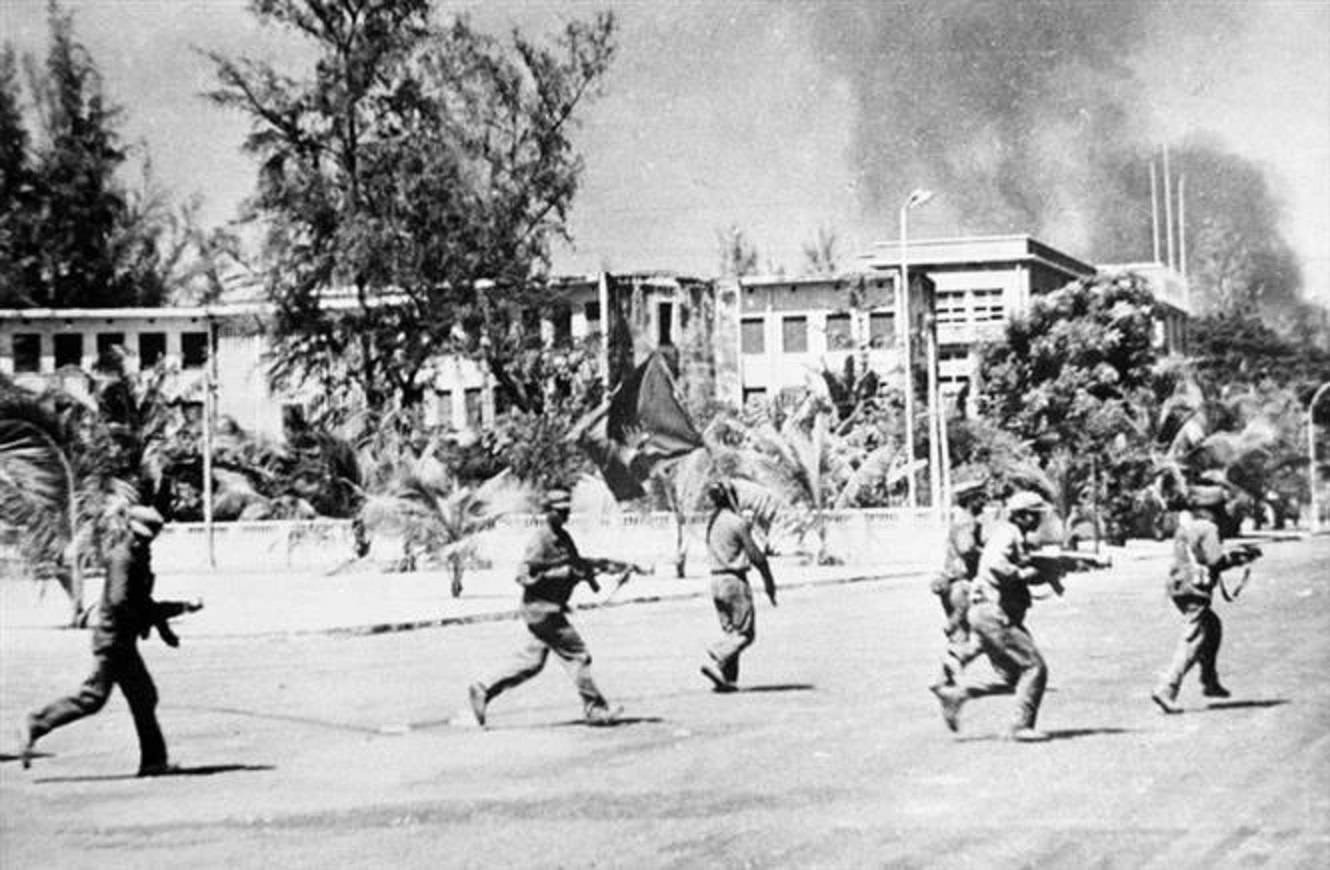
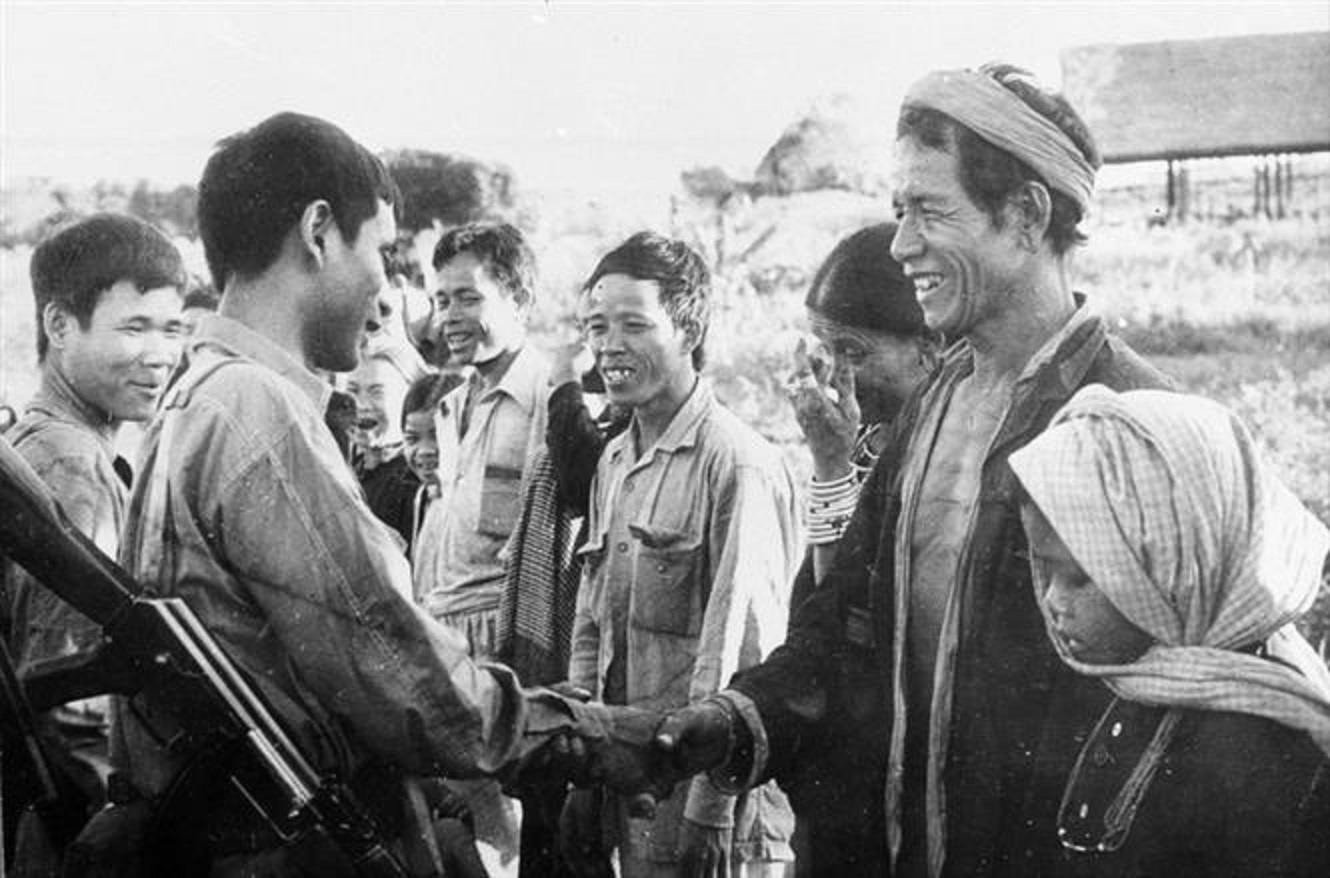
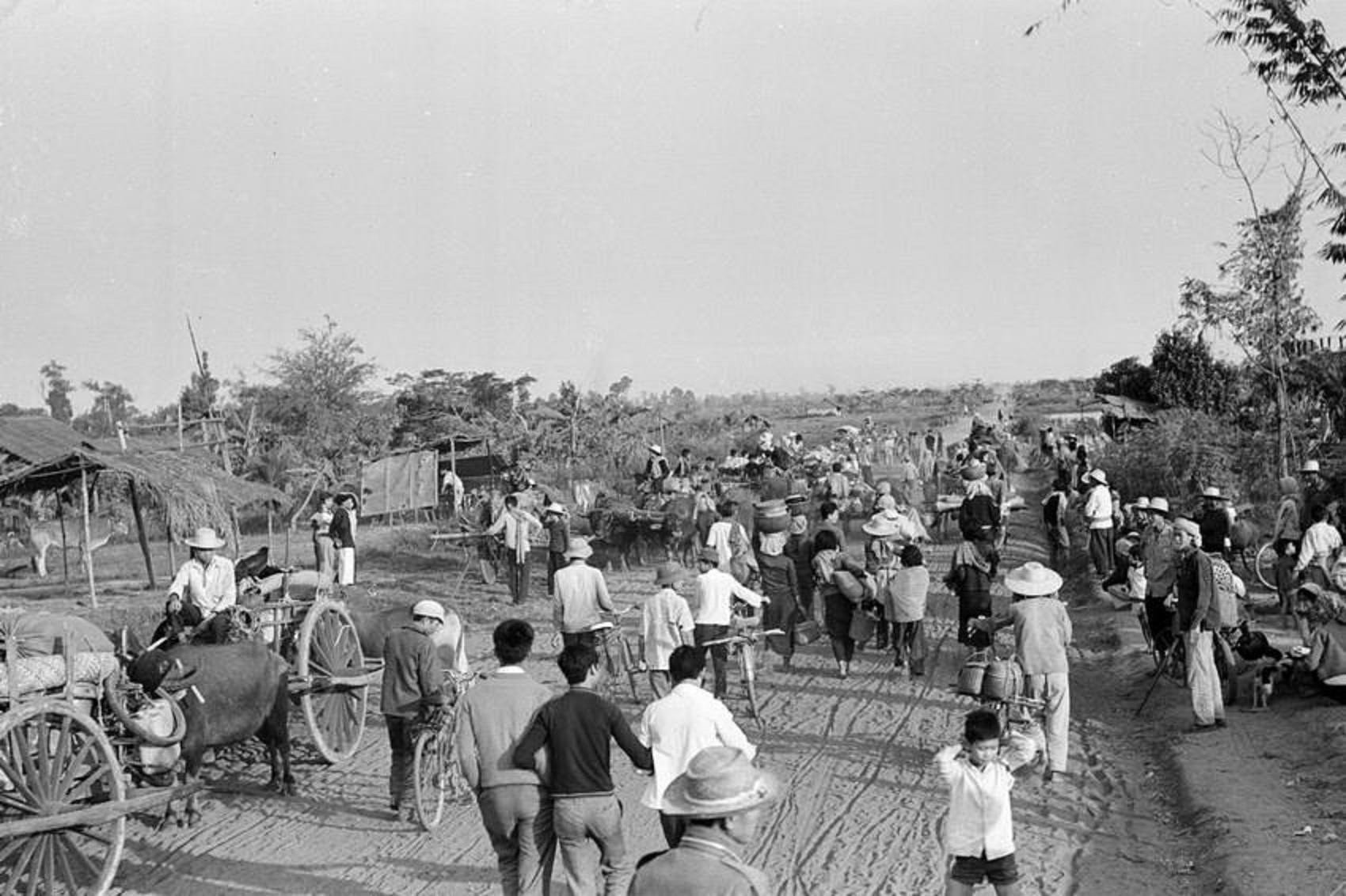
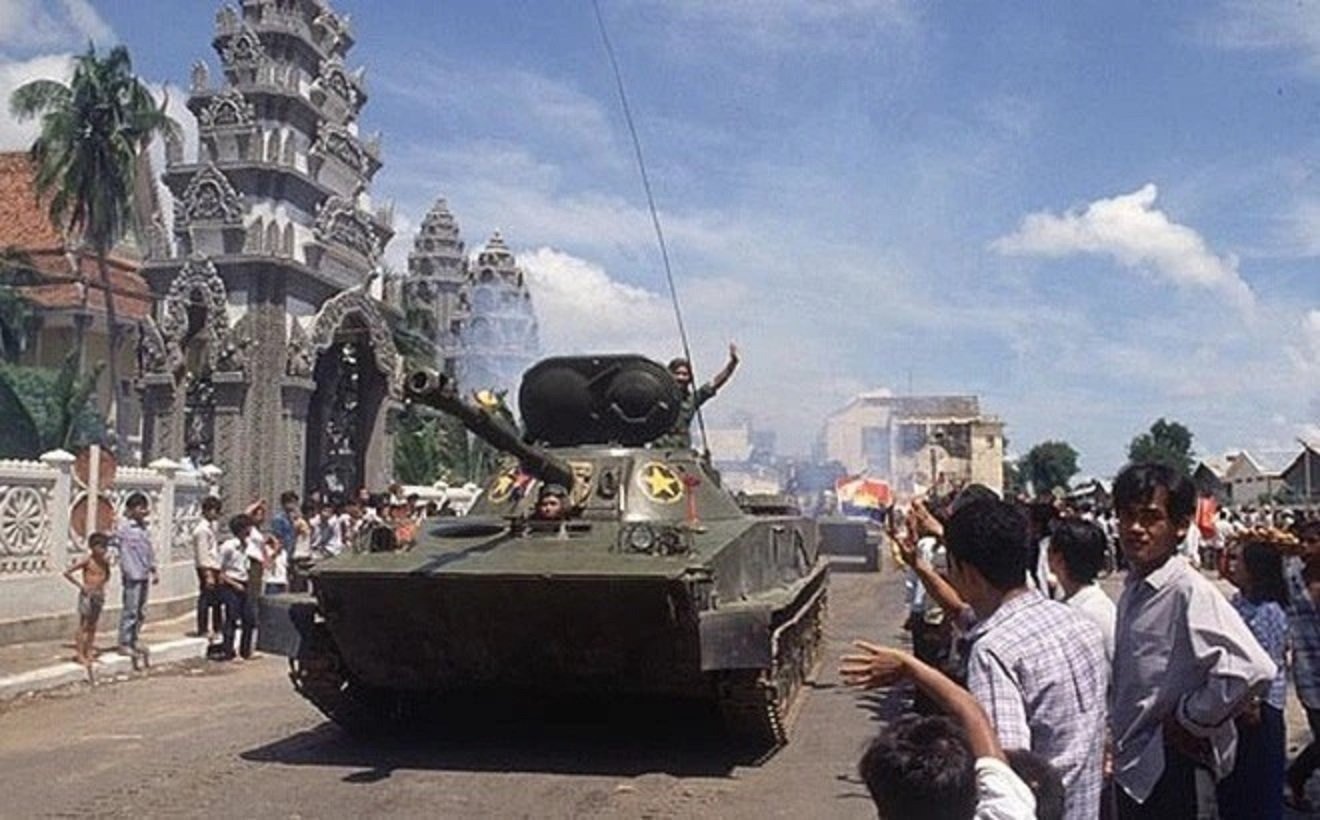
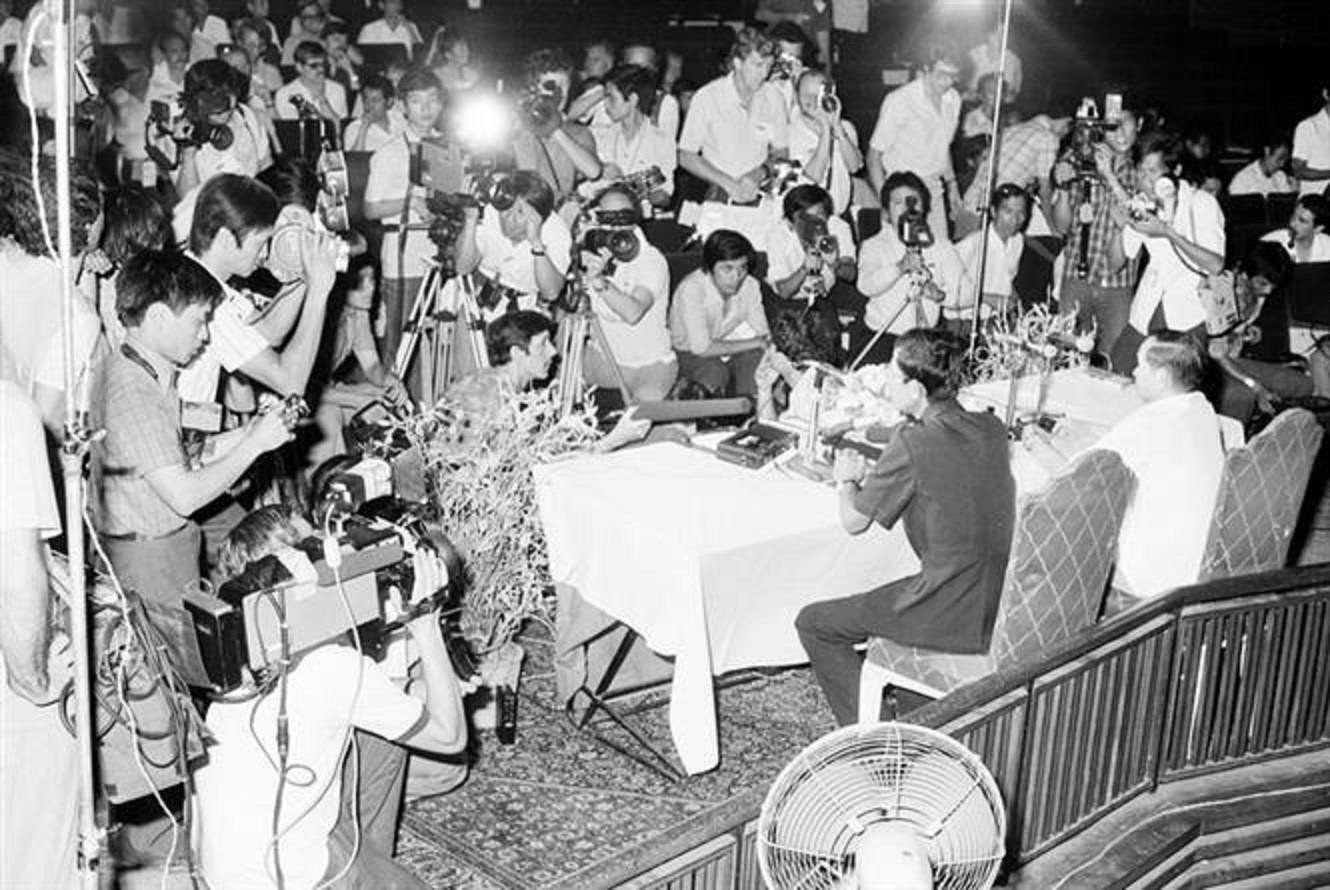
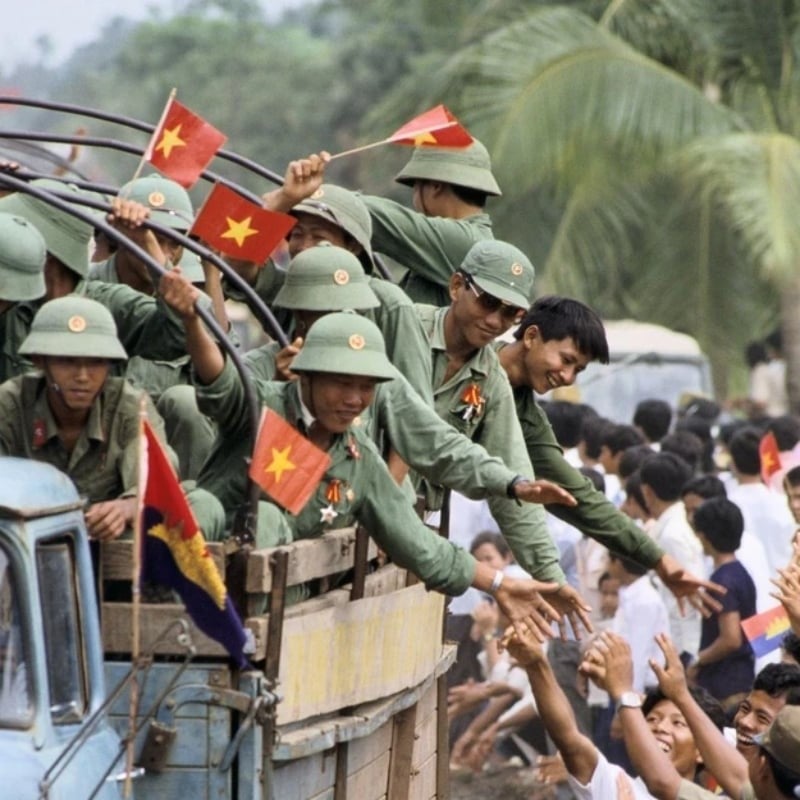




![[Photo] Explore the US Navy's USS Robert Smalls warship](/_next/image?url=https%3A%2F%2Fvphoto.vietnam.vn%2Fthumb%2F1200x675%2Fvietnam%2Fresource%2FIMAGE%2F2025%2F12%2F10%2F1765341533272_11212121-8303-jpg.webp&w=3840&q=75)

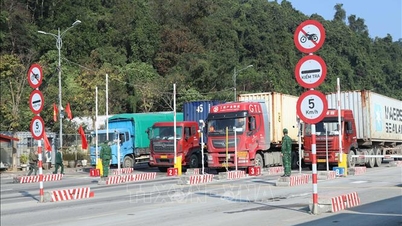



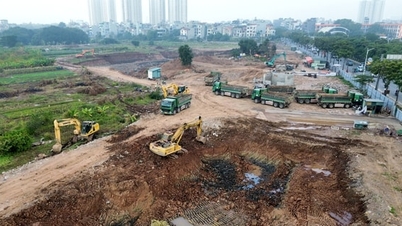
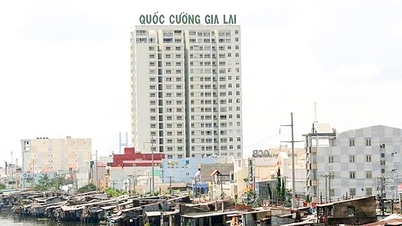

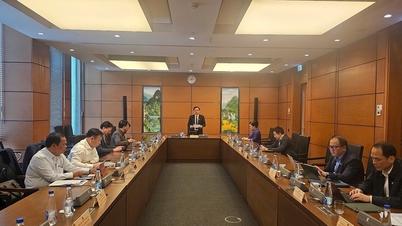

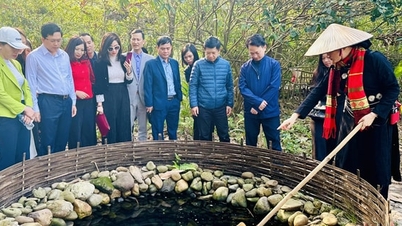
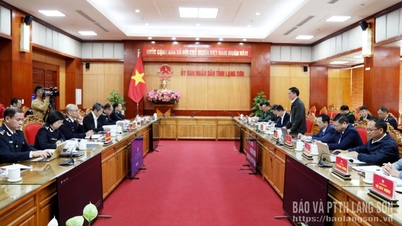

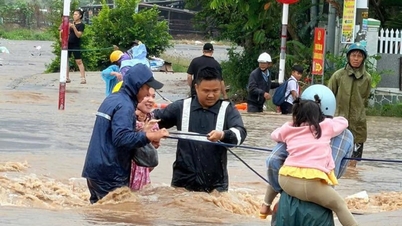
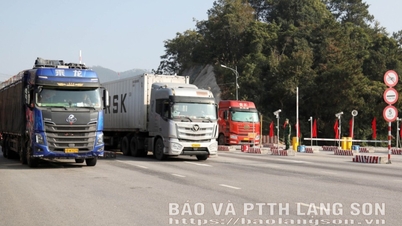

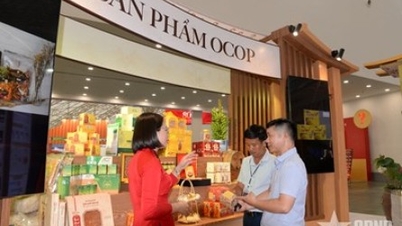
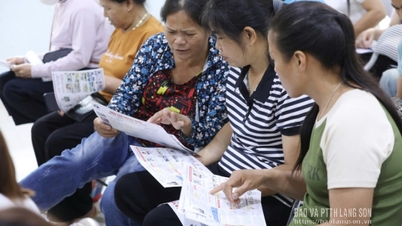





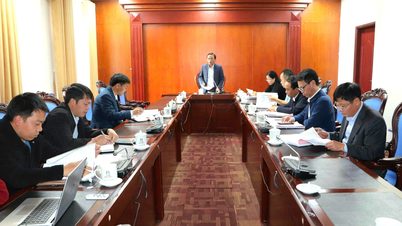
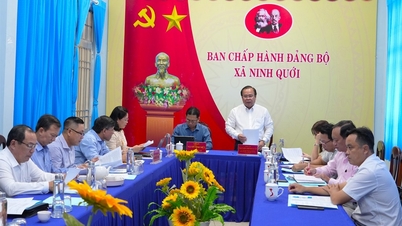
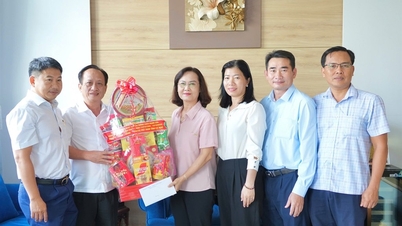







![[Video] The craft of making Dong Ho folk paintings has been inscribed by UNESCO on the List of Crafts in Need of Urgent Safeguarding.](https://vphoto.vietnam.vn/thumb/402x226/vietnam/resource/IMAGE/2025/12/10/1765350246533_tranh-dong-ho-734-jpg.webp)

























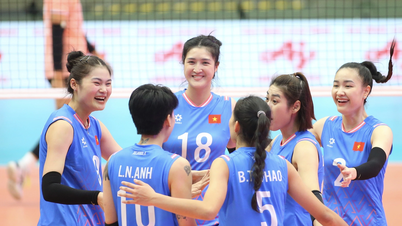

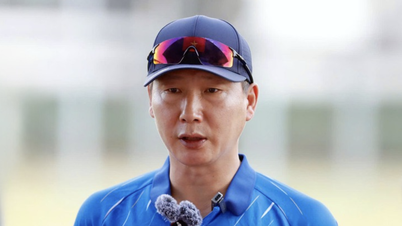
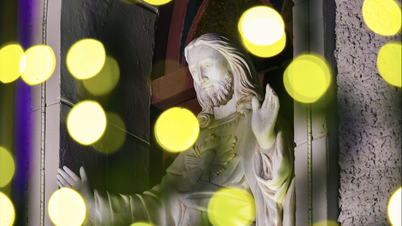
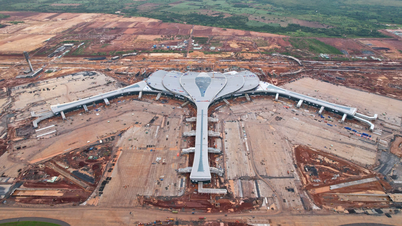

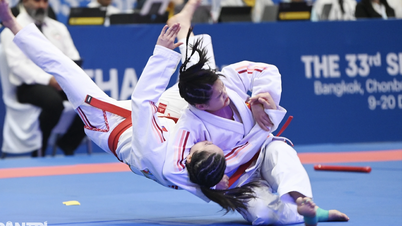
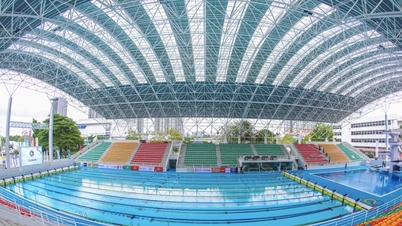
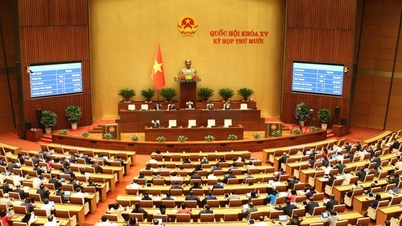

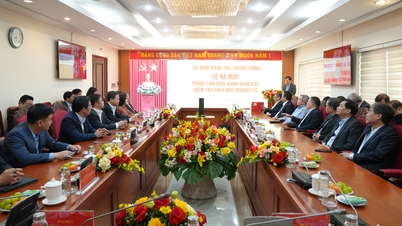

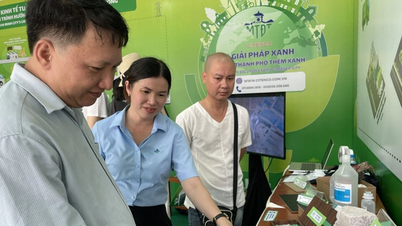
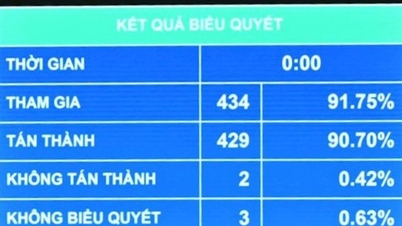
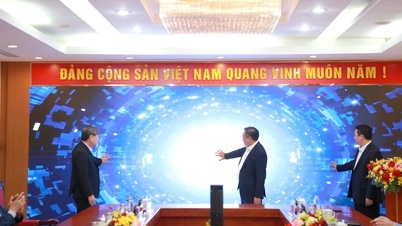

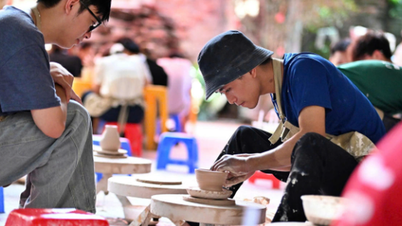

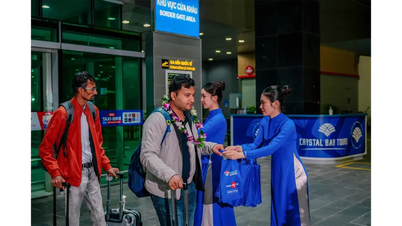

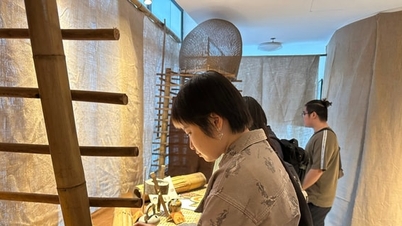
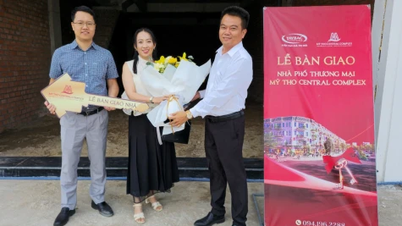

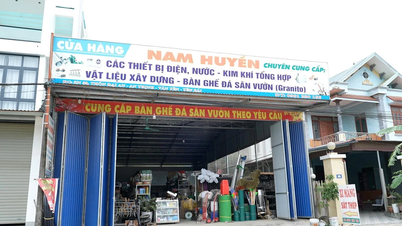

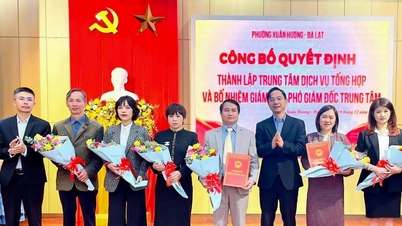

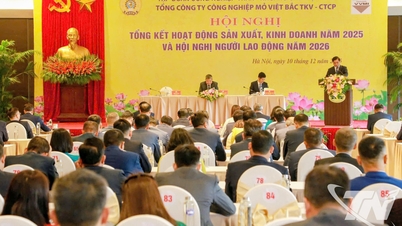












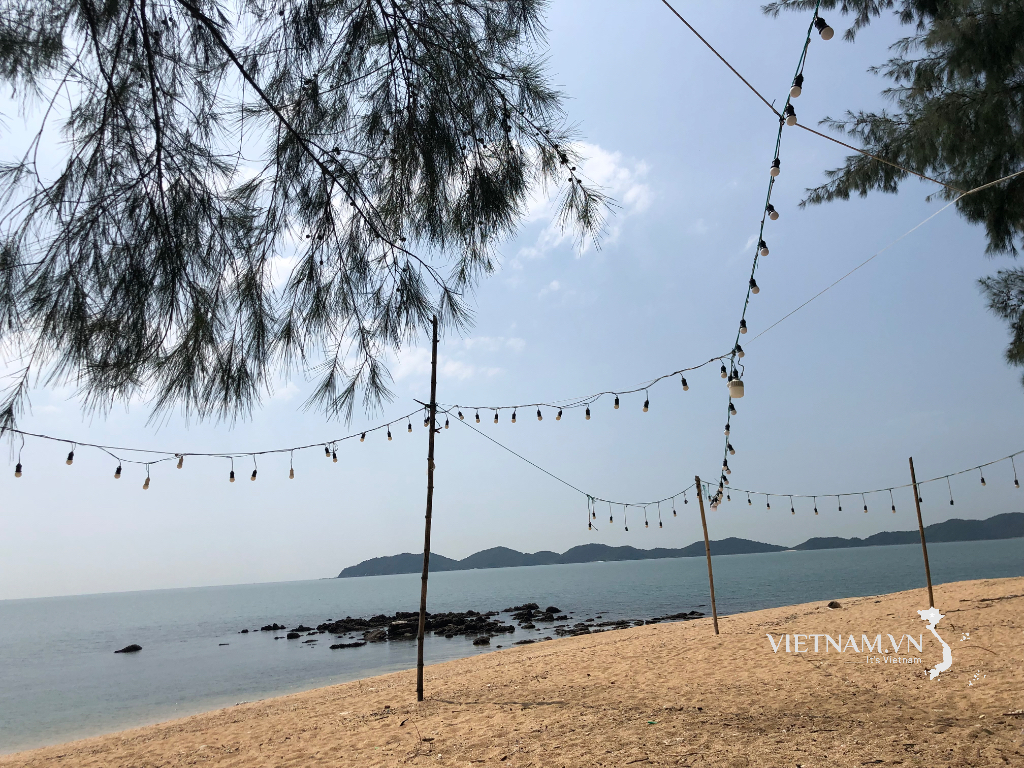





Comment (0)